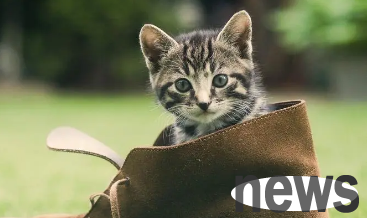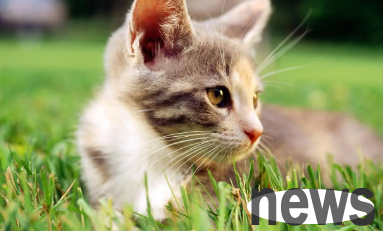Cats are sensitive animals and are prone to stress responses when facing stress, discomfort, etc. In this case, the cat may be unwilling to eat, unwilling to drink water, and may even have other abnormal behaviors.

At this time, as cat owners, we need to take timely measures to help cats relieve their stress response and restore normal diet and living habits. First, we need to try to find out what causes cat stress. Common reasons include environmental changes, the addition of new members or pets, illness, emotional stress, etc. Once the cause is found, we need to resolve it as soon as possible. For example, if it is stress caused by environmental changes, we can try to keep the environment stable and give the cat a sufficient sense of security; if it is a new pet, we can slowly guide the cat to get along with the new pet, or separate them, and gradually establish a process of adapting to the new environment. If we can't find the specific reason, we can start with the food. First of all, you must ensure that the cat is in a comfortable environment that is easy to eat, so that it can increase its interest in eating. At the same time, we should try a different food, especially some fresh cat food or cat biscuits, which often make cats more interested. If the cat still doesn't want to eat, we can try using a high-protein cat food, or use a liquid diet to provide the cat with adequate nutrition. In addition, many people will also use some medications to help cats relieve stress. For example, some herbs or natural foods can help reduce the stress of a cat; nutritional products can help improve the cat's physical condition and improve its physical immunity; IQ toys can help cats relieve excess energy. Similarly, we can also ask a professional pet doctor to check the cat to ensure that it is in good health. Generally speaking, we also need to adopt different solutions for different stress responses. Measures such as dietary changes, mood management and modern medical technology can all help your cat re-adapt to daily life.

In short, it is common for cats to not eat or drink, and we can help alleviate this reaction by taking some measures. Of course, different cats have different trade-offs. Consult your veterinarian when you are unsure how to better care for your cat.
